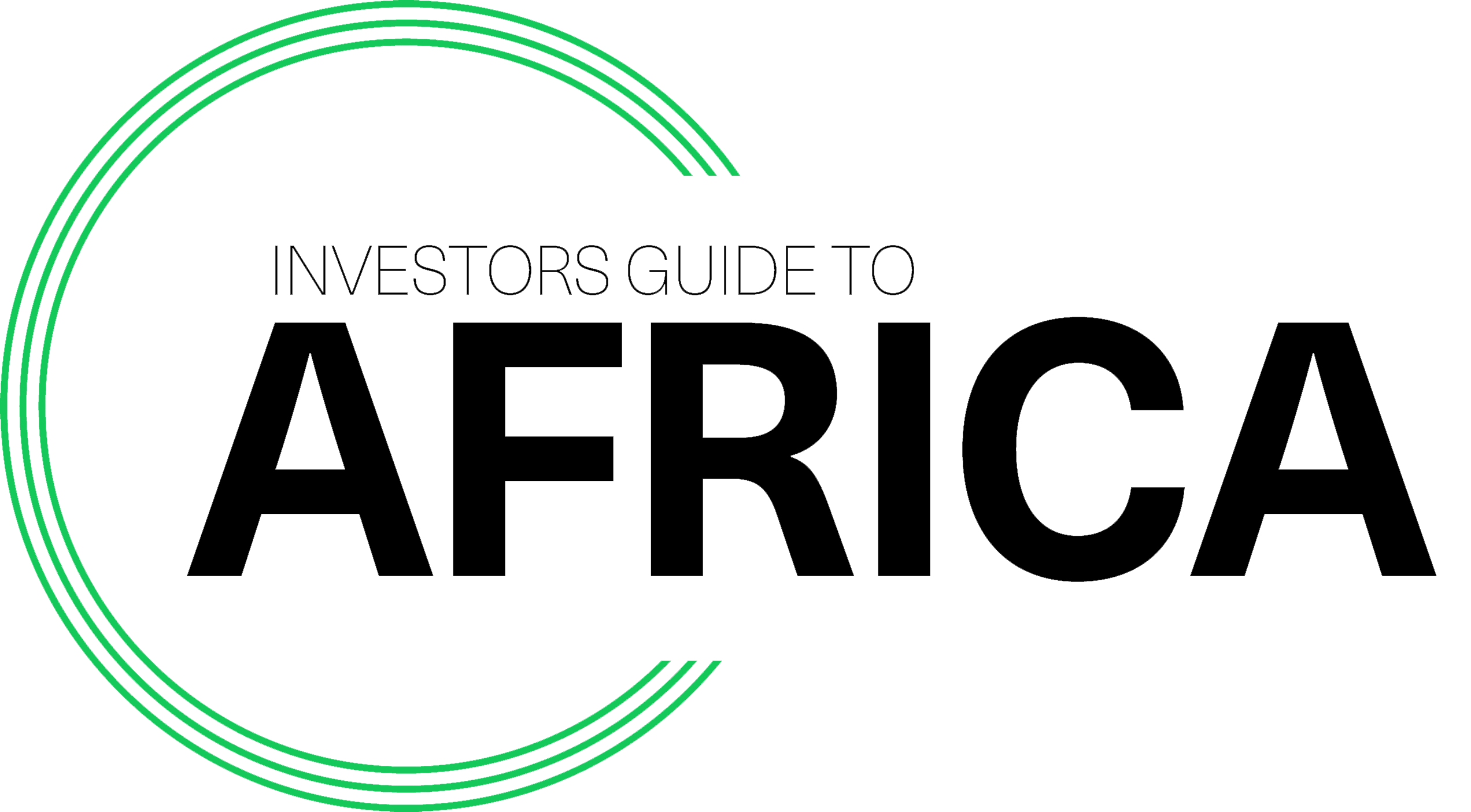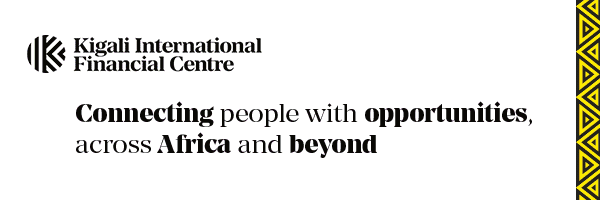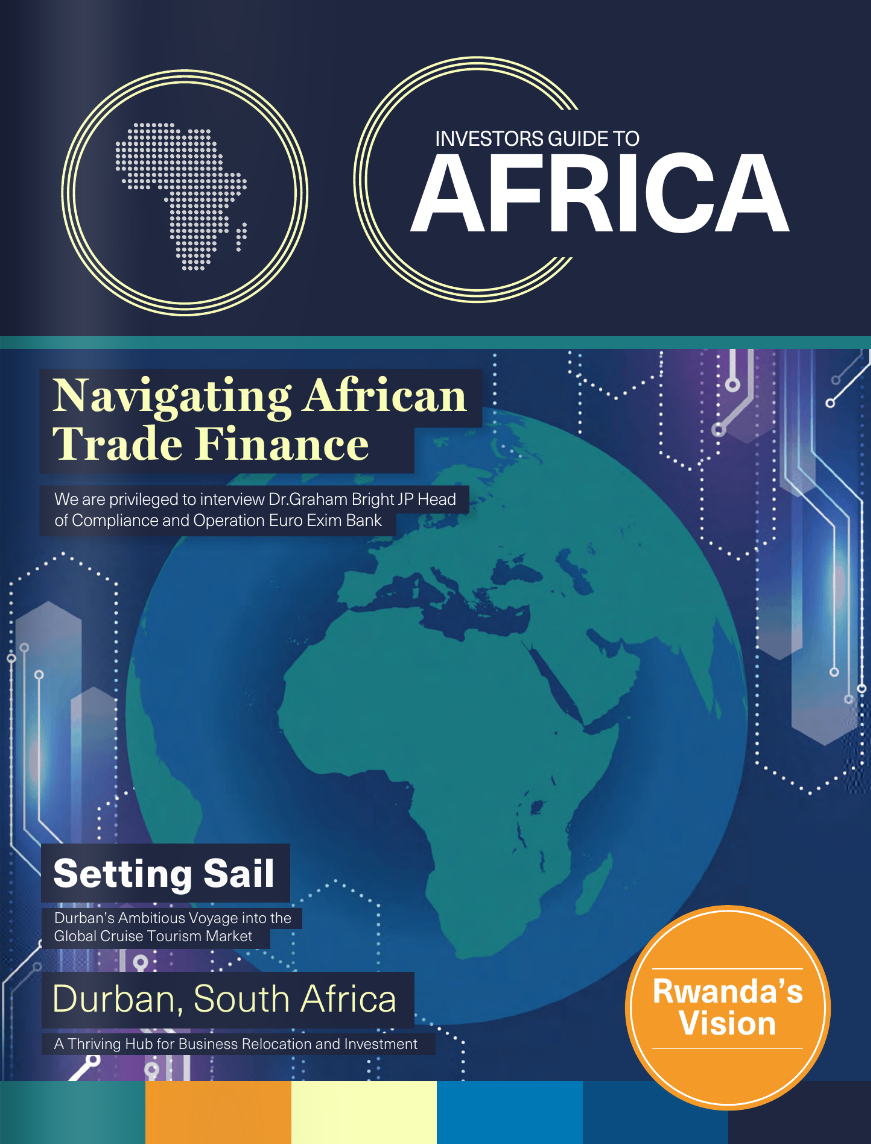In an unprecedented move that underscored the ever-changing landscape of technology, Nairobi played host to the Kauffman Fellows Summit, drawing three hundred venture capitalists from across the globe. This historic event marked not only the largest congregation of venture capitalists but also the first time this summit ventured into the African terrain.
The tale of technology in Africa intertwines seamlessly with the rise of fintech. A significant majority of Africa’s 10+ unicorns are fintech ventures, a narrative we’ve closely followed. Between 2021 and 2022, a substantial 40 to 60% of venture capital (VC) funding in Africa found its way into the fintech domain.
Emerging from this extraordinary gathering, one resounding consensus echoes through the tech corridors: the future of fintech—and by extension, technology itself—in Africa gleams with boundless promise. Here, we unravel five compelling reasons why this continent is poised for an exceptional tech journey.
Africa Benefits from Strong Macro Tailwinds
Auguste Comte’s adage, “demographics are destiny,” finds new resonance in Africa. Today, the continent boasts a population of 1.2 billion, with three-quarters under the age of 35, and over 40% under the age of fifteen. By 2050, Africa will claim a quarter of the world’s population. This burgeoning market is further amplified by remarkable technology adoption rates, with over 90% mobile penetration and 88% internet penetration. Sub-Saharan Africa alone harbours more mobile users than the combined might of the United States and the United Kingdom. Mobile devices have become integral to daily life, commanding a third of Africans’ daily attention. The African fintech sector, riding this wave, is on track to reach a staggering $65 billion by 2030—a thirteen-fold surge from 2021.
The Entrepreneurial Flywheel Sets in Motion
The African tech landscape has witnessed the rise of over ten unicorns—a tenfold increase in a mere decade. These companies are rewriting the playbook, achieving unicorn status in record time. The ecosystem now buzzes with early-stage venture capital, seasoned mentors, and a collective wisdom on how to initiate and scale ventures. The vitality of venture capital hinges on exits, and while Africa is still in the early innings, promising indicators are emerging. For instance, Paystack’s CEO, Shola Akinlade, orchestrated a $200 million sale to Stripe. Kopo Kopo recently found its suitor in Moniepoint, while Flutterwave eyes an IPO in the near future. Notably, the impact of “mafias”—groups stemming from specific companies that exert outsized influence within their ecosystems—is palpable. The African tech landscape is nurturing its own tech mafias, as Paystack alumni alone have spearheaded over a dozen startups.
Global Categories Are Forged in Africa
The ethos of innovation, where the best ideas transcend borders and scale universally, has found a vibrant home in Africa. The birthplace of M-Pesa—a mobile money juggernaut—Africa illuminated the path to successful mobile banking, with over 75% of Kenya’s GDP flowing through M-Pesa. Over 300 mobile money deployments spanning nearly 100 countries have drawn inspiration from this pioneering initiative. What’s more, M-Pesa has catalysed a platform on which a myriad of services, from home solar lanterns to merchant acceptance and car financing, have flourished. African enterprises are venturing abroad, with Flutterwave charting a course for India.
Startups in Emerging Markets: A Different Breed
Startups in emerging markets craft camels, not unicorns. They prioritize solid unit economics and sturdy foundations over growth at any cost. This prudent approach equips them to weather storms when turbulence strikes. The absence of excessive venture capital dependency is a distinguishing hallmark of these “camels.” The resilience of founders in emerging markets is unparalleled, embodying an unwavering commitment to survive the harshest challenges.
Leading African Entrepreneurs Forge Impactful Industries
African startups aren’t merely building convenient apps; they are creating industries imbued with profound impact. They pioneer markets rather than disrupt them, ushering in monumental transformations. In Africa, fintech transcends mere expediency—it ushers in profound economic empowerment. The tech canvas here paints a picture of meaningful value, touching lives and altering destinies.
In conclusion, as demographics unfurl Africa’s destiny, the continent emerges as a pivotal player in the future of technology. Its burgeoning talent, relentless drive, and boundless mindset converge to craft a future where Africa holds sway not just demographically but also technologically. Africa’s destiny, intertwined with the future of tech, beckons us all to embrace the journey ahead.


















